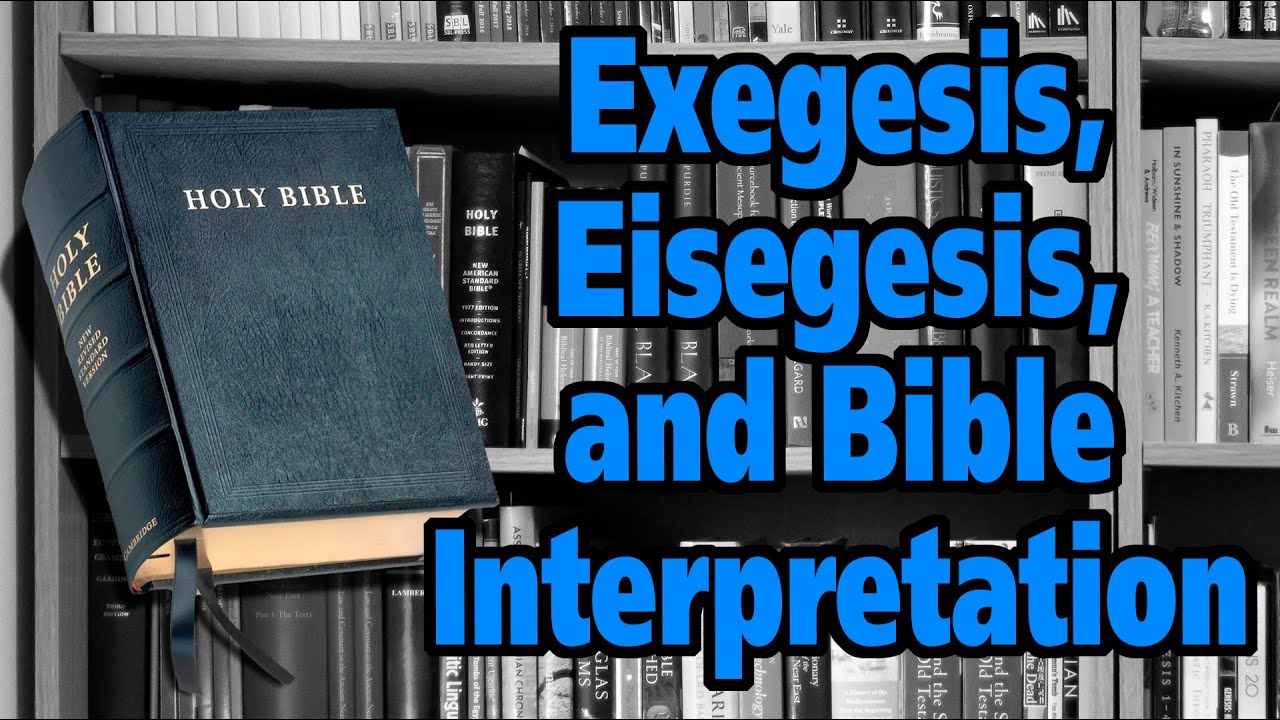Proper Exegesis Leads to a Correct Interpretation
Let’s start with the below video presentation where Nate says “I’m Sorry”
Exegesis is the critical interpretation and explanation of a biblical text, aiming to uncover its original meaning as intended by the author within its historical, cultural, and literary context. Proper application of exegesis requires a disciplined and systematic approach to ensure that the interpretation is faithful to the text and free from personal bias or preconceived theological frameworks. The key elements of proper exegesis include:
- Contextual Analysis
- Examine the immediate context of the passage, including surrounding verses and chapters.
- Consider the broader context of the book, its purpose, audience, and historical background.
- Account for the overall biblical narrative and how the passage fits within it.
- Historical-Cultural Understanding
- Research the historical and cultural setting in which the text was written.
- Understand the customs, geography, and events of the time to interpret the text accurately.
- Linguistic and Grammatical Study
- Analyze the original language (Hebrew, Aramaic, or Greek) to understand the nuances of words and phrases.
- Pay attention to grammar, verb tenses, and sentence structure to clarify meaning.
- Literary Consideration
- Recognize the genre of the text (e.g., narrative, poetry, prophecy, epistle) and interpret accordingly.
- Identify literary devices such as metaphors, parables, or hyperbole and their intended use.
- Authorial Intent
- Focus on the intent of the biblical author, inspired by the Holy Spirit, rather than imposing modern assumptions on the text.
- Avoid reading into the text (eisegesis) or projecting later theological developments onto the original message.
- Theological Consistency
- Compare the interpretation with the rest of scripture to ensure it aligns with the overall teaching and unity of the Bible.
- Use scripture to interpret scripture, letting clearer passages inform more difficult ones.
- Application to Today
- After determining the original meaning, consider how the principles and truths apply to contemporary life and faith.
Why Proper Exegesis Matters
Proper exegesis ensures that the Bible is interpreted faithfully and accurately, guarding against errors, misinterpretations, or manipulations of scripture. It seeks to honor God’s word by understanding and teaching it as He intended, rather than adapting it to personal preferences or theological agendas.



